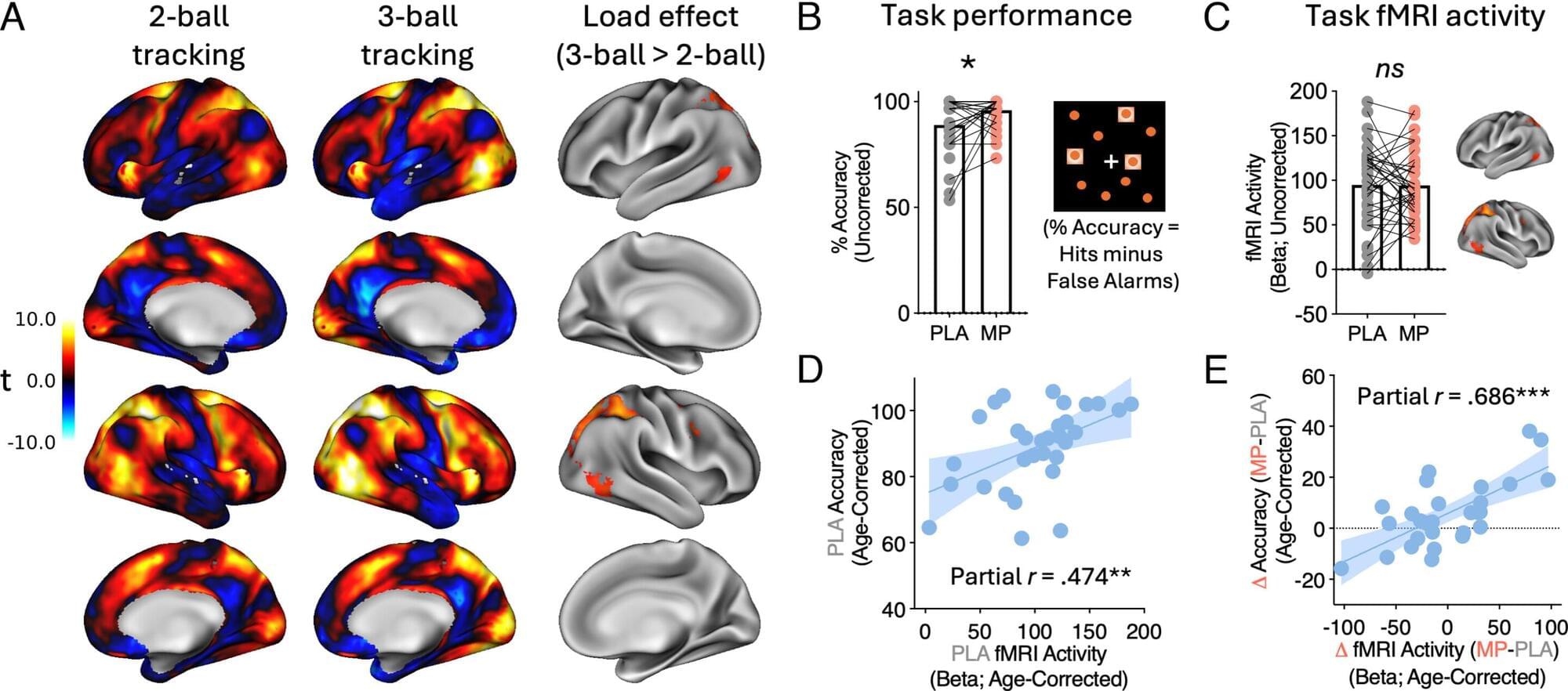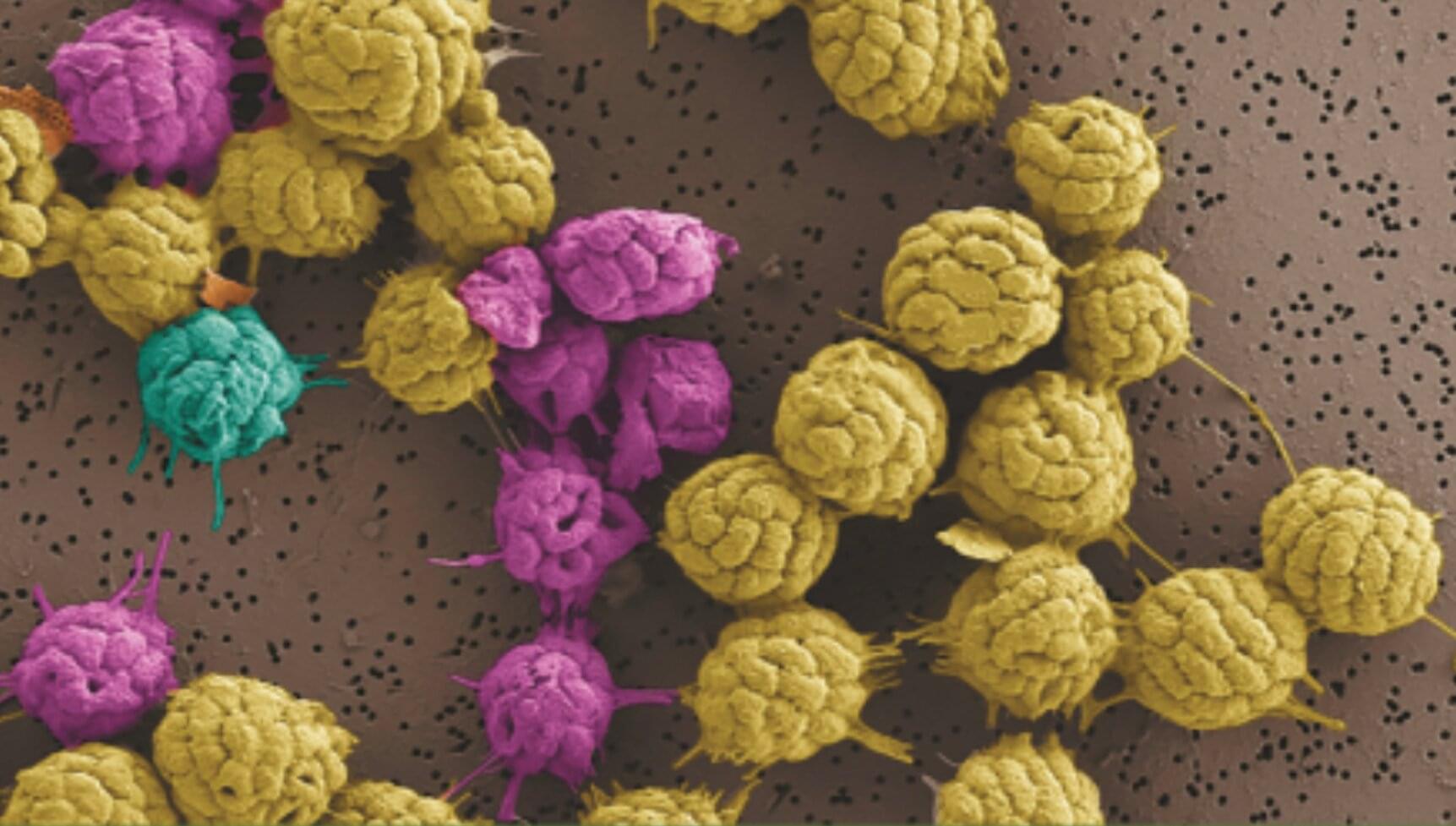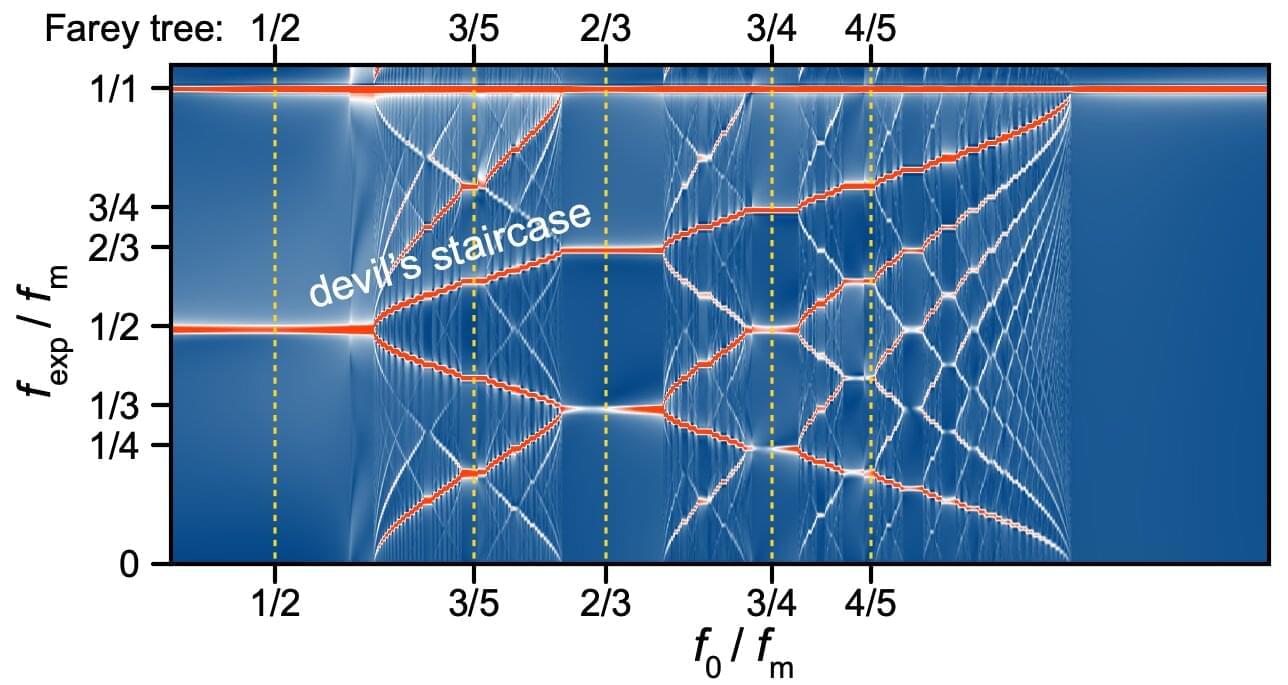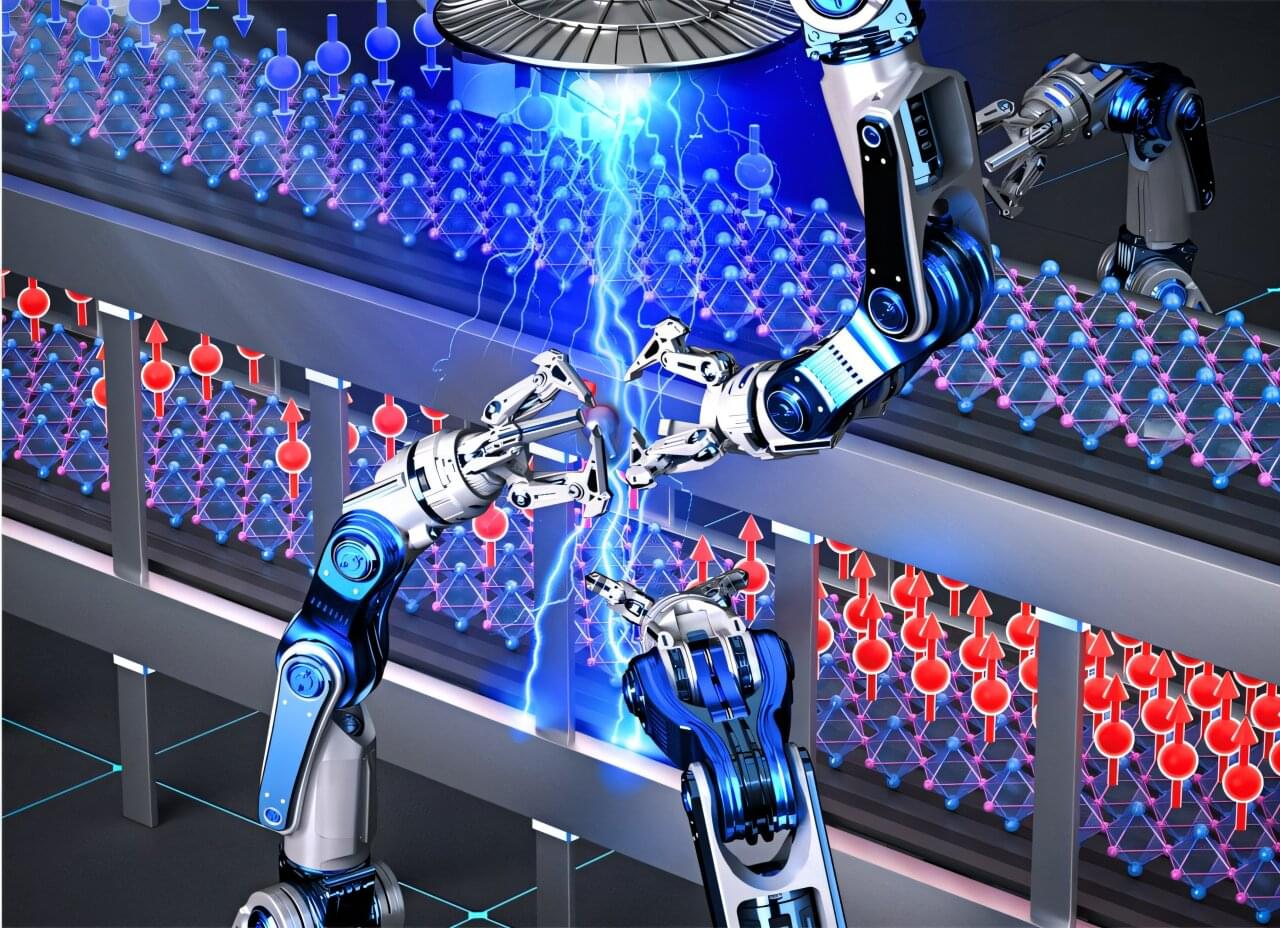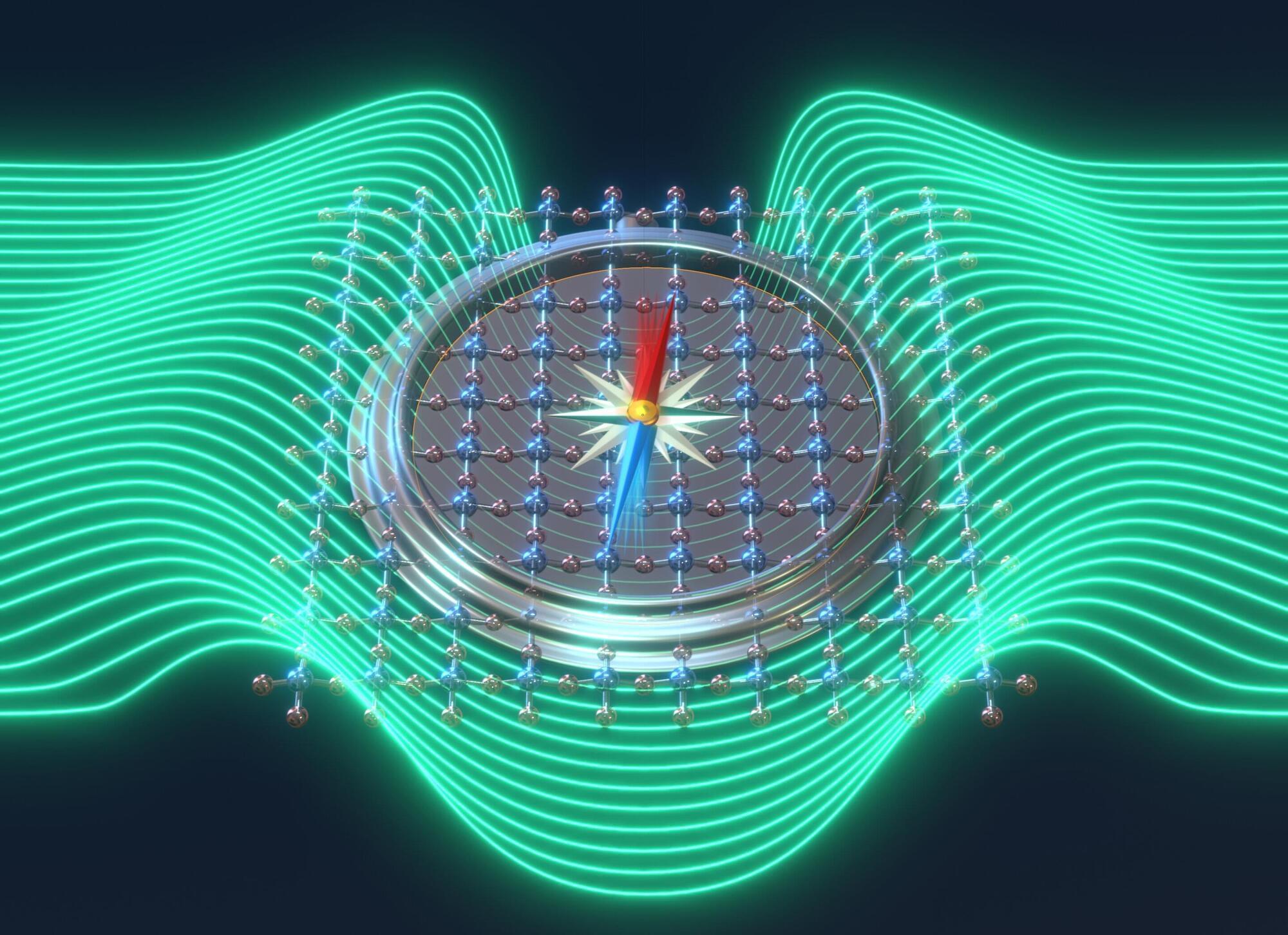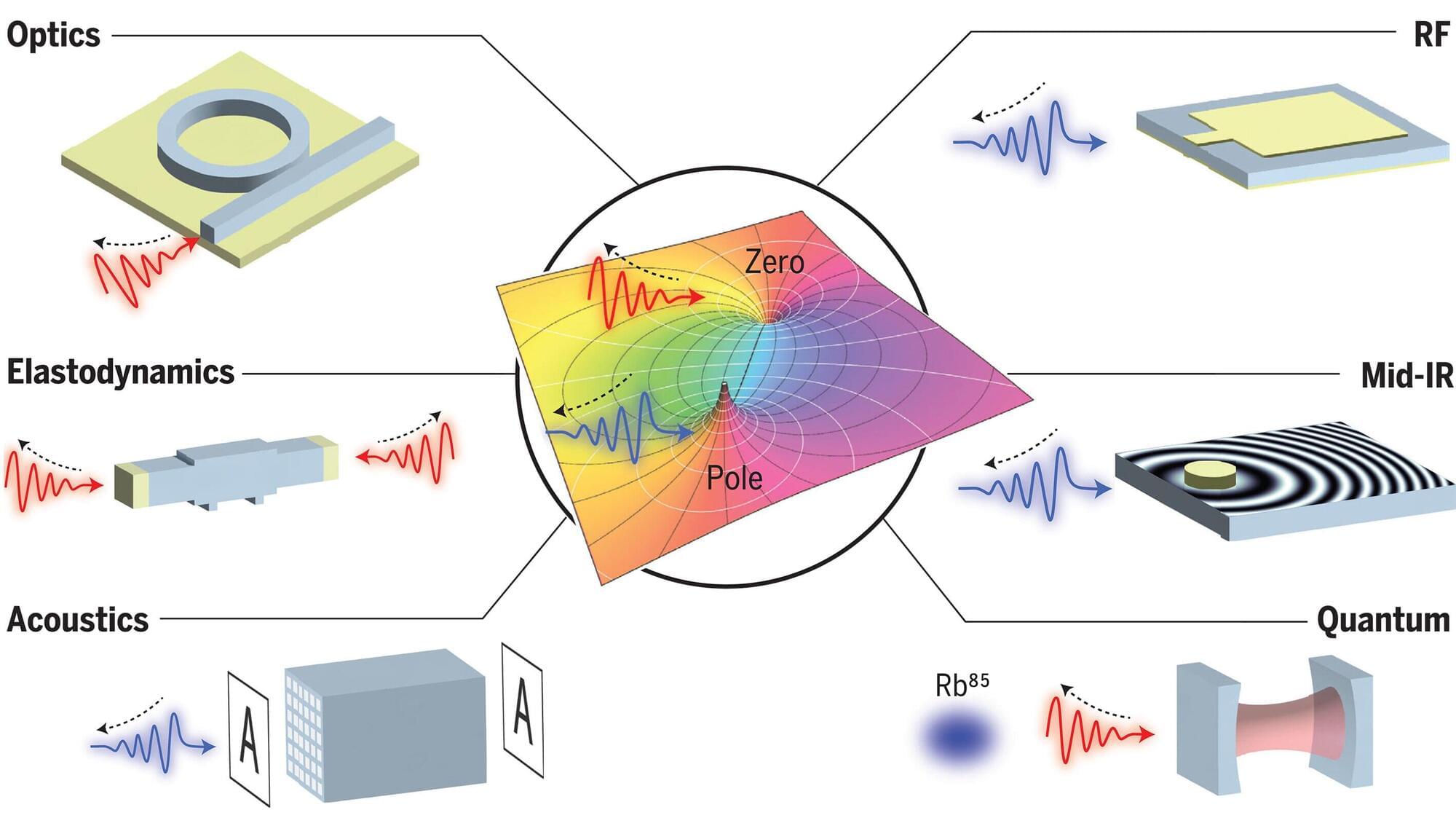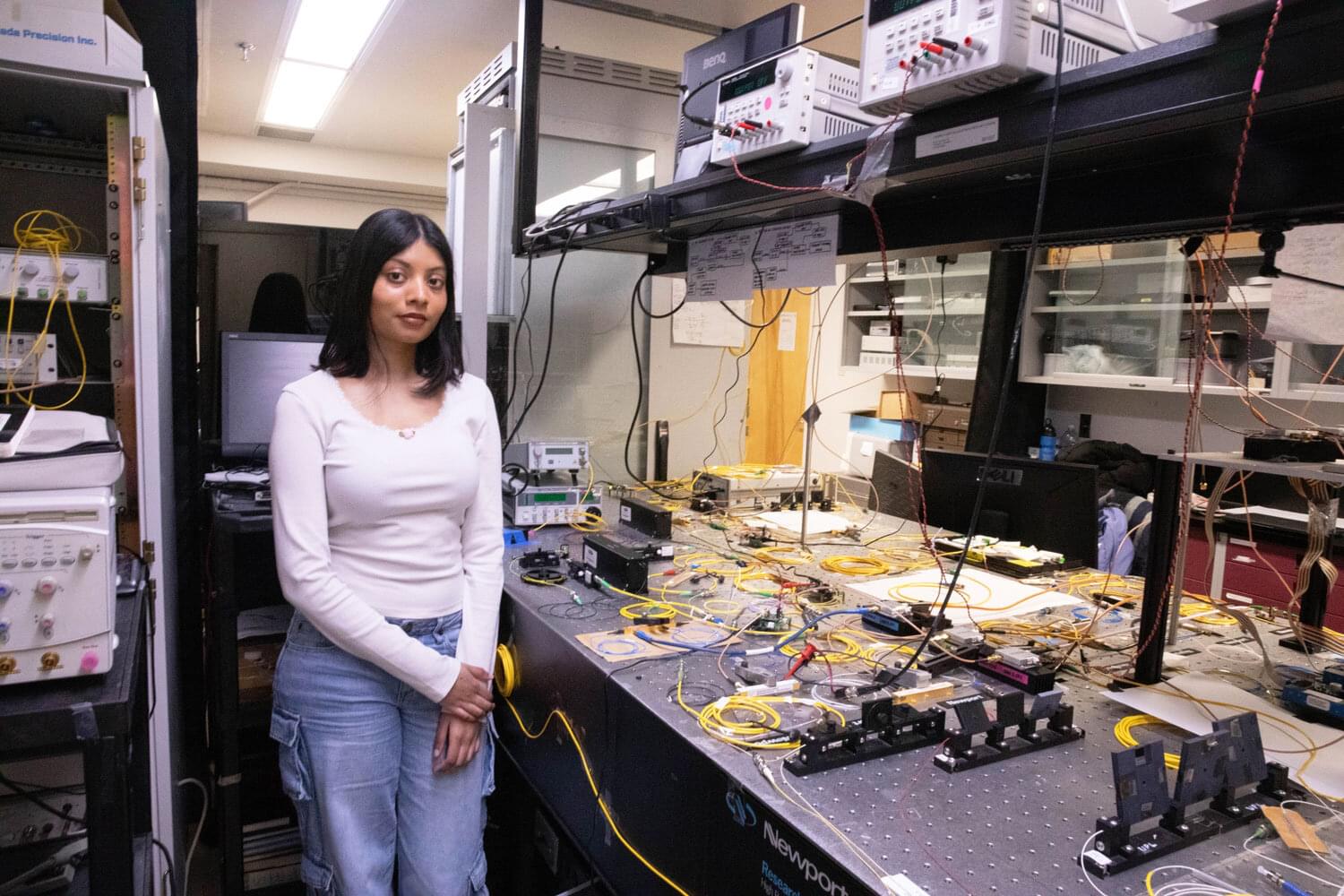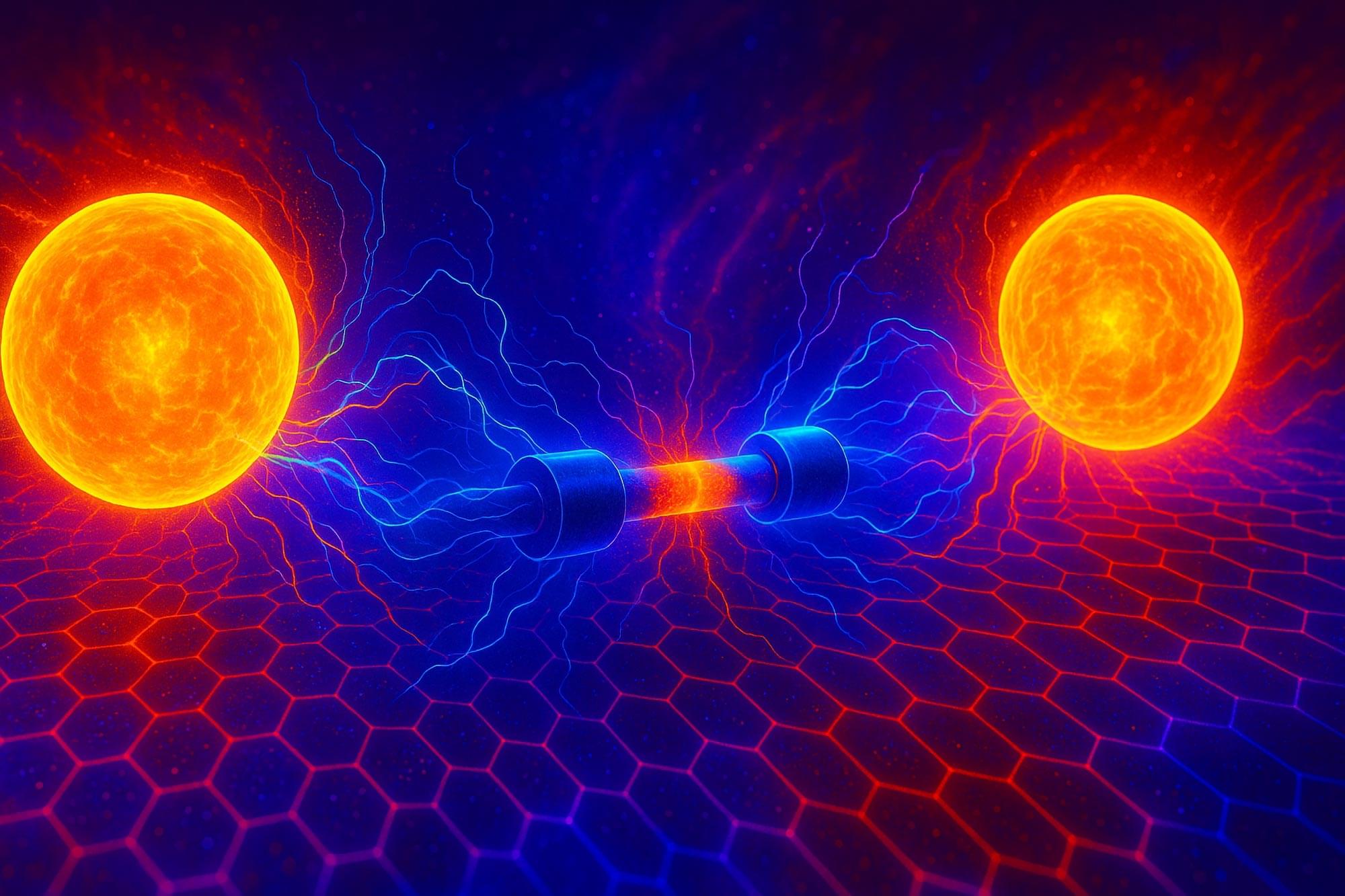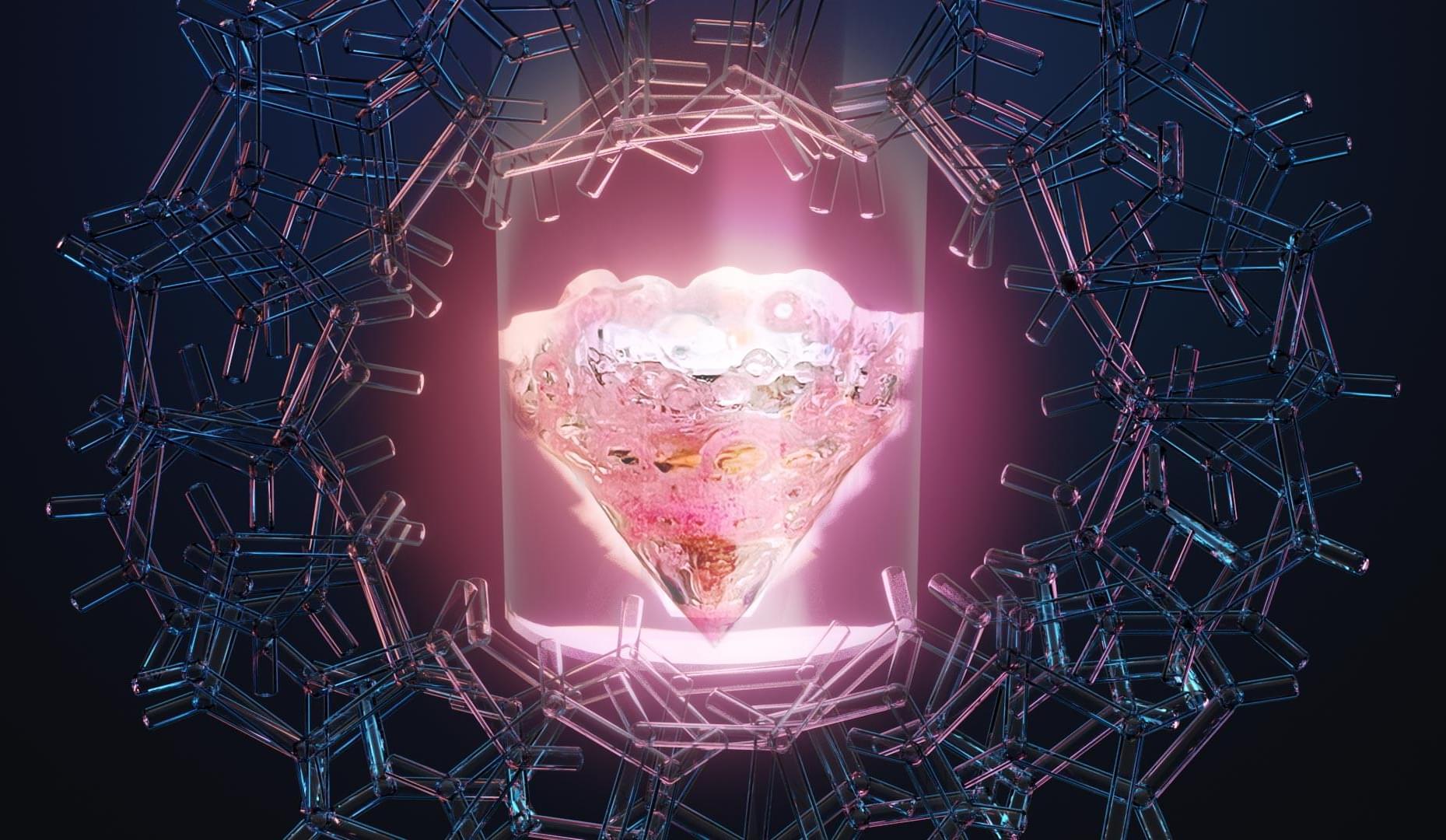Nearly 16 million American adults have been diagnosed with attention deficit hyperactivity disorder (ADHD), but evidence suggests that more than 30% of them don’t respond well to stimulant medications like Ritalin and Adderall.
A new clinical trial provides a surprising explanation for why this may be the case: There are individual differences in how our brain circuits are wired, including the chemical circuits responsible for memory and concentration, according to a new study co-led by the University of Maryland School of Medicine (UMSOM) and performed at the National Institutes of Health (NIH) Clinical Center.
Our brain cells have different types of chemical receptors that work together to produce optimal performance of brain function. Differences in the balance of these receptors can help explain who is likely to benefit from Ritalin and other stimulant medications. That is the finding of the new research published in the Proceedings of the National Academy of Sciences.
